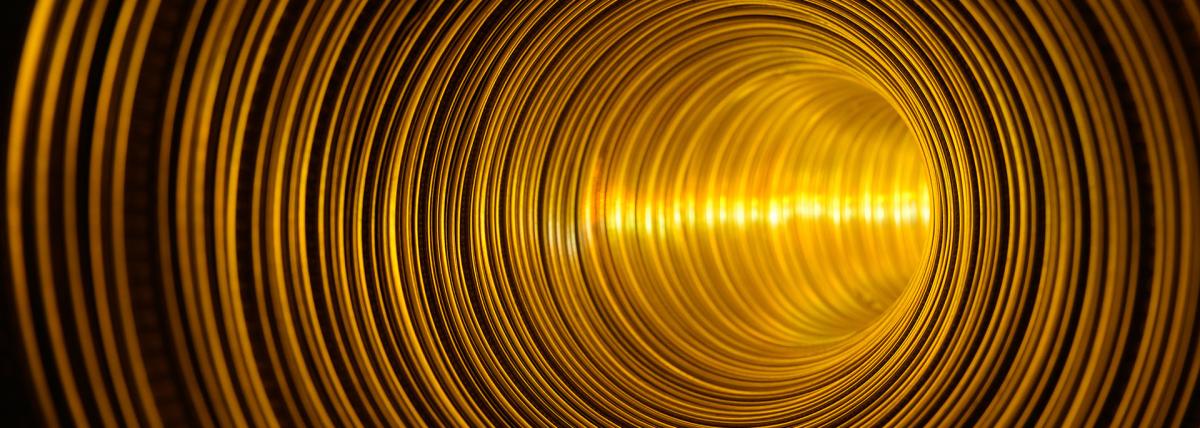
Grades:
4th Grade, 5th Grade
In this engaging lesson, students will explore the fascinating world of magnetism. Students will learn about different types of magnets and how they work. Additionally, we will delve into the concept







